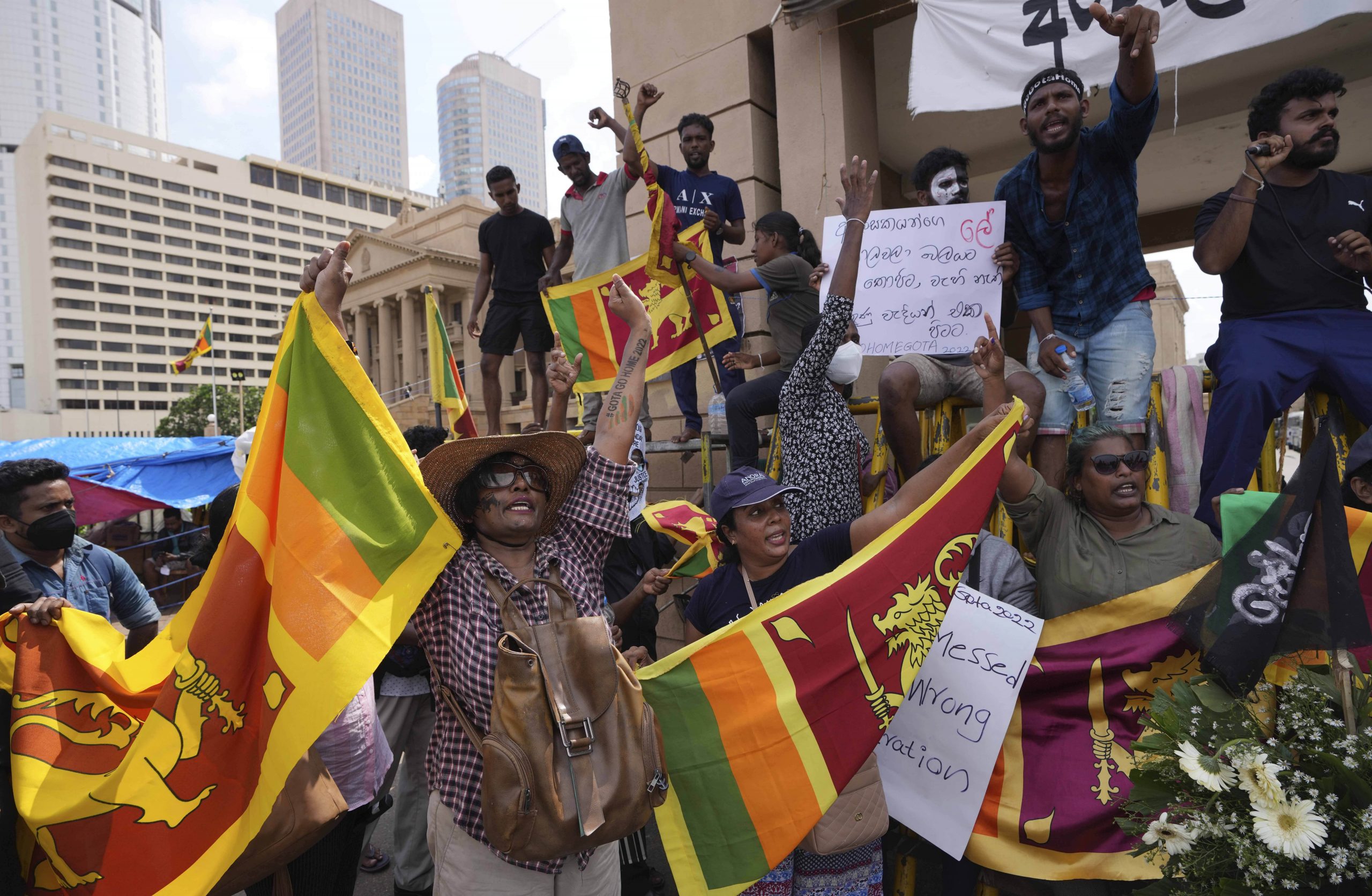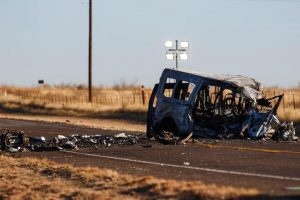Sri Lankan Prime Minister Ranil Wickremesinghe has said that the island nation’s debt-laden economy has “collapsed” as it runs out of money to pay for food and fuel. Short of cash to pay for imports of such necessities and already defaulting on its debt, the island nation is seeking help from neighbouring India and China and from the International Monetary Fund (IMF).
PM Ranil Wickremesinghe, who took office in May, was emphasising the monumental task he faces in turning around an economy he said is heading for “rock bottom.”
Also read: Why Sri Lanka is planning for donor conference with India, China and Japan
Sri Lankans are skipping meals as they endure shortages, lining up for hours to try to buy scarce fuel. It’s a harsh reality for a country whose economy had been growing quickly, with a growing and comfortable middle class, until the latest crisis deepened.
How serious is the crisis in Sri Lanka?
Tropical Sri Lanka normally is not lacking for food but people are going hungry. The UN World Food Program says nearly nine of 10 families are skipping meals or otherwise skimping to stretch out their food, while 3 million are receiving emergency humanitarian aid.
Also read: Sri Lankan ex-cricketer Mahanama serves tea to people amid economic crisis
Doctors have resorted to social media to try to get critical supplies of equipment and medicine. Growing numbers of Sri Lankans are seeking passports to go overseas in search of work. Government workers have been given an extra day off for three months to allow them time to grow their own food. In short, people are suffering and desperate for things to improve.
What is the government doing about it?
Wickremesinghe has ample experience. This latest is his sixth term as prime minister.
Also read: Bhuvi earns best place in a rain-induced drawn series, record must wait
So far, Sri Lanka has been muddling through, mainly supported by $4 billion in credit lines from neighbouring India. An Indian delegation was in the capital Colombo on Thursday for talks on more assistance, but Wickremesinghe warned against expecting India to keep Sri Lanka afloat for long.
“Sri Lanka pins last hopes on IMF,” said Thursday’s headline in the Colombo Times newspaper. The government is in negotiations with the IMF on a bailout plan and Wickremesinghe said Wednesday he expects to have a preliminary agreement with the IMF by late July.
Also read: Sri Lanka troops open fire at protesters over petrol, diesel supply
The government also is seeking more help from China. Other governments like the US, Japan and Australia have provided a few hundred million dollars in extra support.
Earlier this month, the United Nations began a worldwide public appeal for assistance. So far, projected funding barely scratches the surface of the $6 billion the country needs to stay afloat over the next six months.
To counter Sri Lanka’s fuel shortage, Wickremesinghe told The Associated Press in a recent interview that he would consider buying more steeply discounted oil from Russia to help tide the country through its crisis.







